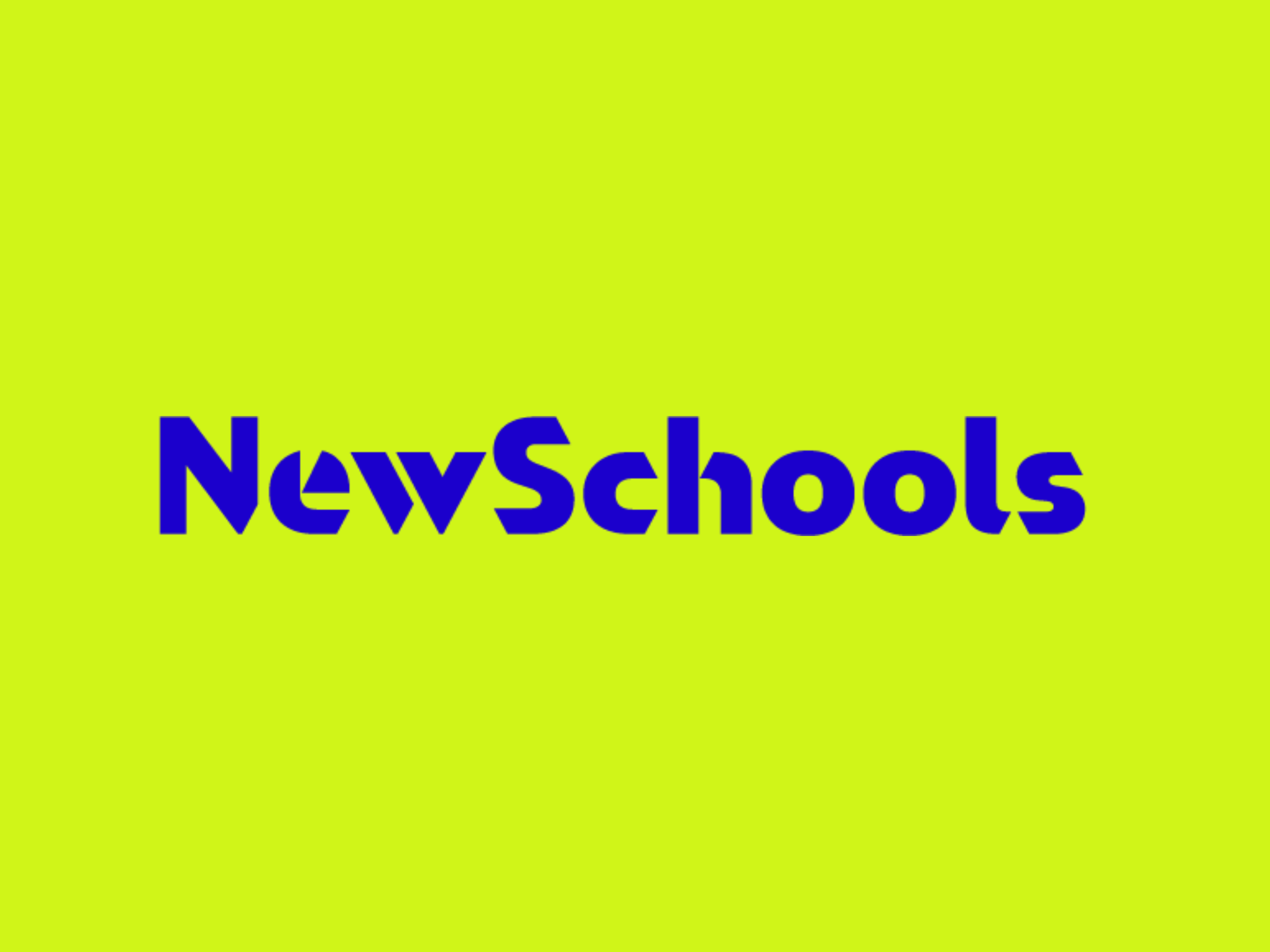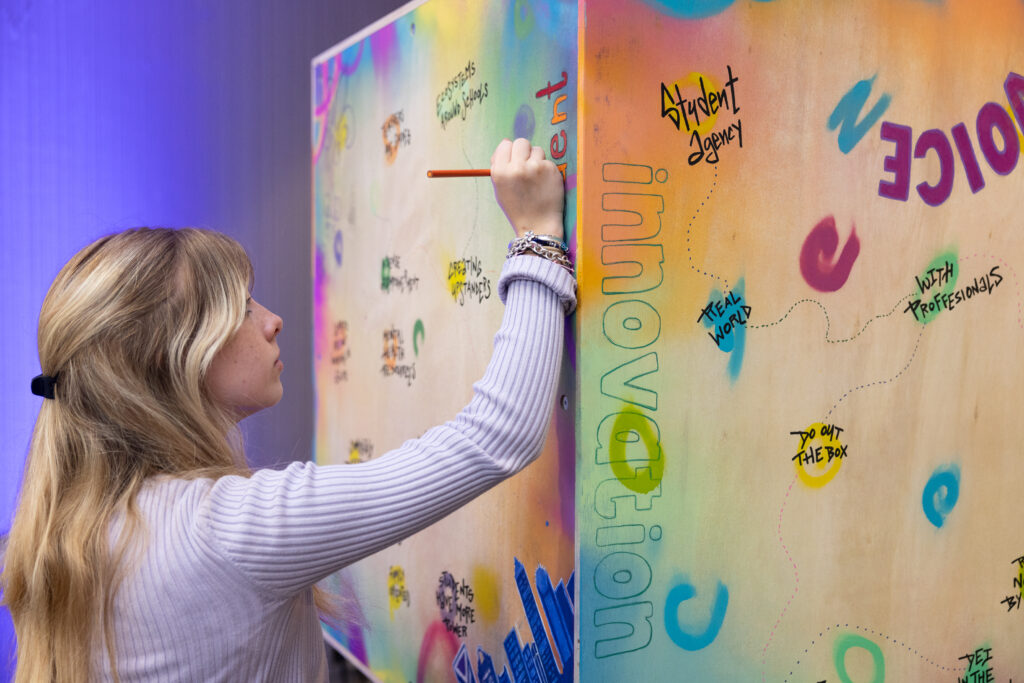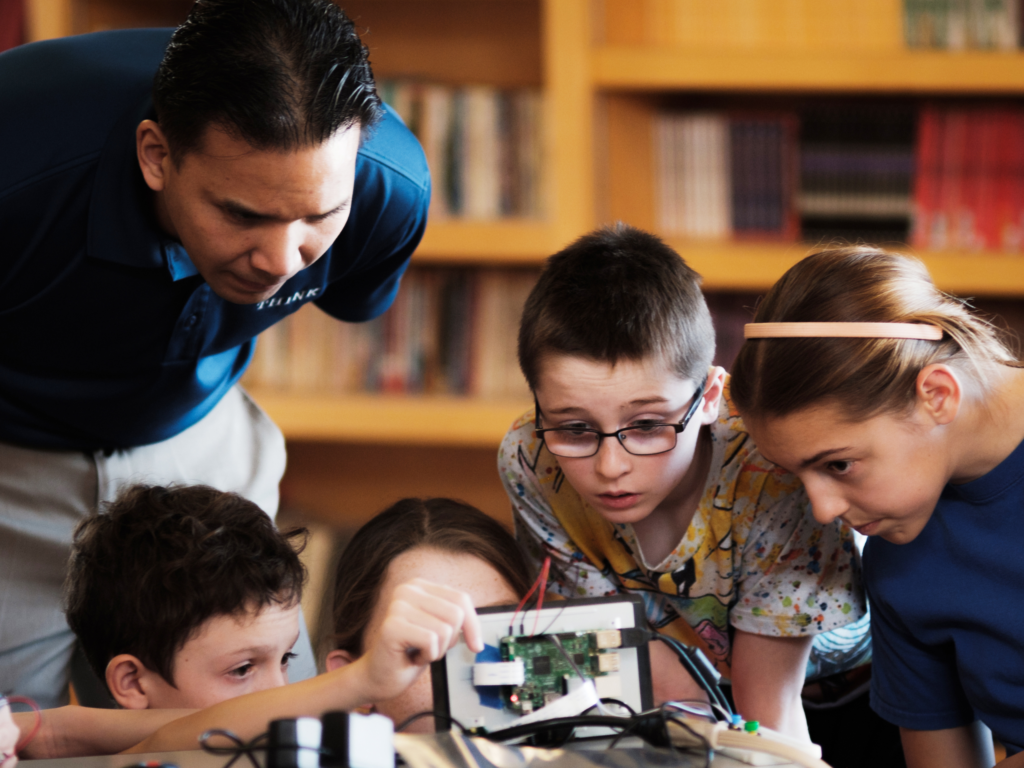For as long as there have been people, there have been folks predicting what the future might hold. And, recently at NewSchools, our team spent a whole day considering that very question, with respect to innovation in education. For part of the day we had a special guest, renowned author Steven Johnson, to help fuel our imaginations. It was great to engage in a wide-ranging conversation about Johnson’s research on the history of innovation, its implications for PreK-12 education, and how all of that ties into the impact NewSchools might have in the future.
In many ways, this imaginative thinking is at the core of our work. We make investments in early stage schools, tools and organizations with the potential to have an impact on PreK-12 learning. Because we are willing to provide risk capital for new ideas in education, we can provide fuel and support for fledgling concepts. As Steven Johnson explained, incremental concepts build on each other and can create enormous change over time. Or, as he says, “Big ideas start as slow hunches.”
Among the topics we discussed was the impact automation and artificial intelligence might have on our society. I find this topic fascinating on many levels, but chief among them is what it could mean for our education system. After all, a recent McKinsey Global Institute report estimates that half of today’s jobs may be eliminated by 2055, if not sooner. They reason that 51 percent of the activities in our economy – those related to data collection, data processing and predictable physical work – are most susceptible to automation.
Johnson started by acknowledging that the potential economic impact of automation is one of the top three most important issues of our time. While he did not offer a prediction about what will happen, he did offer two potential scenarios – both with major implications for the education sector. They go something like this:
- Scenario 1: This new era will shift the type of work most people do. Just as industrialization brought a massive decline in farmers, with a commensurate increase in manufacturing jobs, advances in automation and computing are already having a similar effect. Over time, the jobs machines can do will no longer be done by humans, and new jobs will emerge that people are uniquely suited to perform. Skills that machines cannot easily replace, such as creativity and complex problem solving, will be in higher demand than ever before. Our entire education system, in turn, must adapt to this new reality by ensuring all students (not just a select few) graduate with these advanced skills.
- Scenario 2: Our economy will just need “less work.” This might mean people opting out of the labor market entirely or only working a fraction of the time they do now. Without work to give people purpose in life, you might think that we’d be heading for a dystopian future. Johnson took a more optimistic stance and asked, “What if this were good?” After all, people could find purpose in other ways, by pursuing passions and interests outside the confines of a 9-to-5 job. This would not negate the purpose of school, but it would certainly change the focus. Our education system would need to help every student gain inspiration and find their passions so they could navigate the unstructured world ahead.
Your guess is as good as mine as to which of these two scenarios might play out over the next several decades, but in either case we need to reimagine learning if we want our students to be prepared for the future they will inherit.




